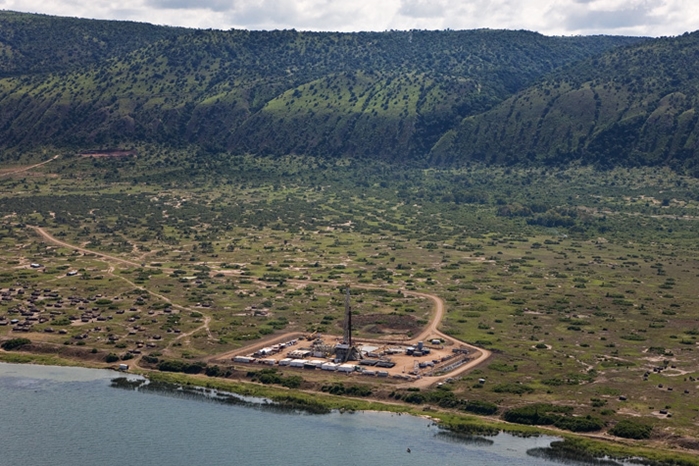
A court in France has found it does not have the right to hear a complaint against Total in Uganda, in an early blow to a new law.
A statement from Friends of the Earth noted that the Tribunal de Grande Instance (TGI) in Nanterre had found it was not the right venue to hear such a complaint. Instead, the TGI said, it should be heard in a commercial court.
The action was brought against Total by Friends of the Earth France, Survie and four Ugandan groups: AFIEGO, CRED, NAPE / Friends of the Earth Uganda and NAVODA. The NGOs said they rejected the decision and planned to appeal against it.
A Total representative said the TGI finding was in line with the company’s position that the vigilance plan was part of its management report, therefore falling under the remit of the commercial court.
“Total’s Vigilance Plan clearly identifies the risks to human rights, fundamental freedoms, human health and safety, and the environment that could result from our activities. Preventive measures specific to these risks are also set out,” Total’s Agathe Bruandet told Energy Voice by email.
The company and its partners have “implemented measures to prevent the risks identified for the EACOP and Tilenga projects”.
The NGOs’ case had hoped to secure a ruling from the TGI requiring Total to resolve alleged shortcomings in its environmental oversight plan and also to implement urgent measures to tackle supposed human rights violations in Uganda.
However, the three judges sitting at the TGI rejected the NGOs argument, accepting Total’s position that the court was the wrong place for such a hearing. A vigilance plan, the judges ruled, would fall under the area of a dispute among commercial companies, making the commercial court the appropriate place for a hearing.
The six NGOs rejected this interpretation, they said in the statement, describing it as unrealistic that the commercial court would be appropriate to tackle human rights and environmental violations.
Friends of the Earth’s Juliette Renaud said the NGOs were “disappointed” and did not understand the judge’s reasoning. The case is not one of management, she said, rather it is to do with threats to “lives and ecosystems”.
The ruling is also a blow for the wider use of the duty of vigilance law, Survie’s Thomas Bart said. While the civil court ruling did not comment on the facts, therefore not contradicting the accusations, he said, it does allow human rights violations to continue.
The statement went on to say the TGI ruling implied that the court considered it to be able to judge companies only after damage has occurred, rather than from preventing future violations. Such a finding, Friends of the Earth said, was inconsistent and that one court should be able to consider all such cases.
Updated: 11:48 on January 31 with Total comment.
